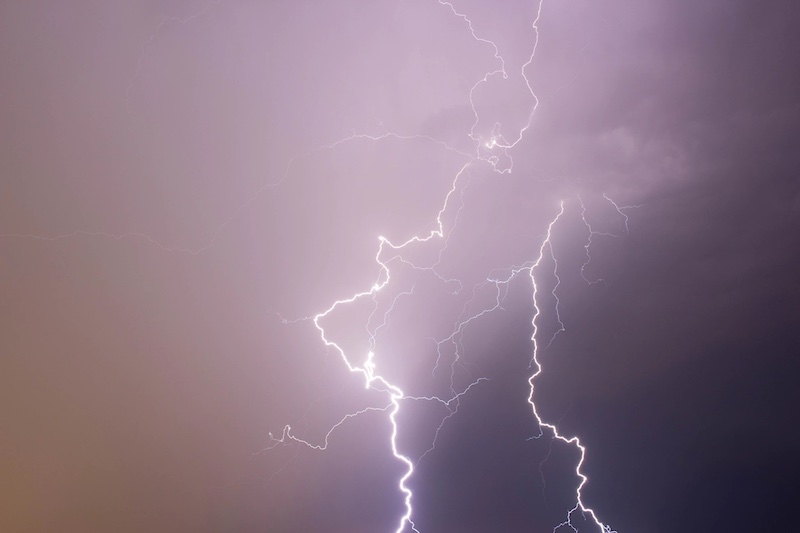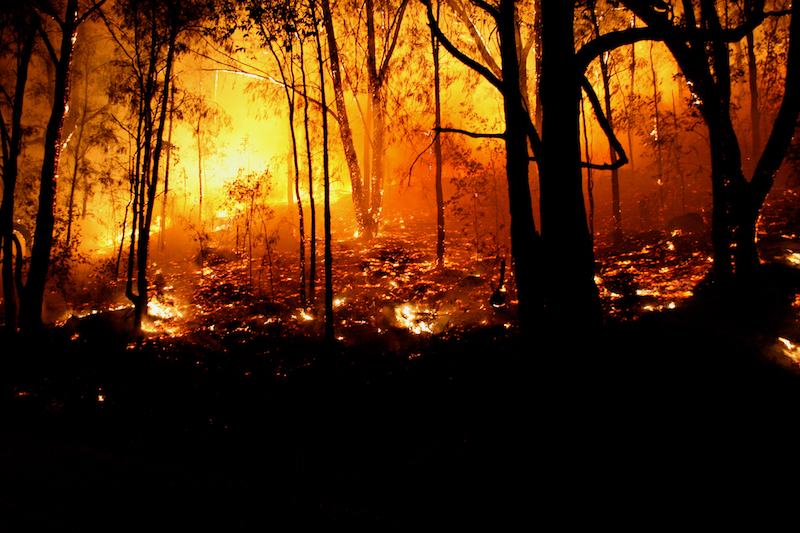Home Disaster & catastrophes Page 7
Christmas storms declared ‘Significant Event’ for three states

News release
Wednesday, 27 December 2023
The Insurance Council of Australia (ICA) has today declared a ‘Significant Event’ for regions of Queensland, New South Wales and Victoria impacted by severe storms between 23 December and Boxing Day.
The Insurance Council’s preliminary extreme weather processes have been activated to assess and monitor the insurance claims impact of the events, which included flash floods, hailstorms and damaging winds.
Under a significant event declaration:
- The ICA commences its claims data collection, analysis, and reporting processes in consultation with members.
- ICA representatives will continue to work with government and agencies to understand impacts on the community and ensure affected residents receive assistance.
As of 10am today, insurers have received more than 7,500 claims related to the storms across the three states.
If property or vehicle has been impacted, customers are advised to contact their insurer as soon as possible to commence the claims process, even if they do not know the full extent of damage.
The Insurance Council is working with emergency services and government personnel across the three states to coordinate the recovery response and will continue to closely monitor the weather forecast for the week.
As some people have started the clean-up process, the ICA and insurers are reminding customers that they are not required to keep destroyed property, including carpets and furnishings, and instead take photos, note any identifying information, and keep material samples.
Quote attributable to ICA COO Kylie Macfarlane.
The insurance industry has made this Significant Event declaration to activate services and support for affected homeowners, motorists and businesses and reassure them that their insurer is there to help.
It’s too early to understand the full extent of the damage in affected areas and to estimate the insurance damage bill, however we know there has been a significant number of homes and vehicles damaged as a result of the storms that hit from 23 December to Boxing Day.
As more extreme weather is expected in the coming days, insurers’ priority is community safety. We strongly encourage all those impacted to put their safety first and adhere to evacuations orders.






